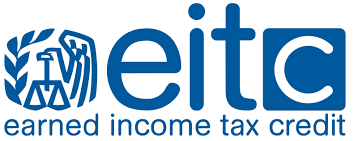Max Steele’s Analysis of Earned Income Tax Credit in the Upper Peninsula

In a new paper, NMU student and Rural Insights research contributor Max Steele looks at the unique factors of Michigan’s Upper Peninsula that vary across counties, such as wealth, income, and population, and how those factors affect the applicability of the Earned Income Tax Credit. The EITC is a refundable tax credit for low- and moderate-income workers.
“The earned income tax credit is an important one, and an incentive that can truly help people who are struggling across the UP and beyond. There are areas struggling that need assistance to relieve stressed workers and revitalize towns with several proposals floating through the state legislature to do just that. EITC is one that is efficient and where the total cost to taxpayers of the state is small, especially for the benefit it brings, especially considering the tax surplus. All in all, the earned income tax credit is an important incentive that can make a difference.”
You can read the full paper on Rural Insights here: https://ruralinsights.org/content/publications/earned-income-tax-credit-max-steeles-analysis/






Gogebic population went down, median wages jumped up. Marquette gains population, median wages went down. Ontonagon birth rates plummet. These changes need deeper analysis rather than a passing comment, otherwise this is information without understanding.
My guesses: Gogebic: people with low paying or part time jobs saw no hope and left in mass for better paying jobs elsewhere. Marquette: Economic activity has been concentrating in Marquette. Jobs in low wage categories are being filled with Yoopers from other places (Gogebic?). Average wage calculation went down.
Couples in family formation age range depart in mass from Ontonagon, leaving the area looking like a Florida retirement community. The problem is there will be no new residents flocking in, unlike Florida.